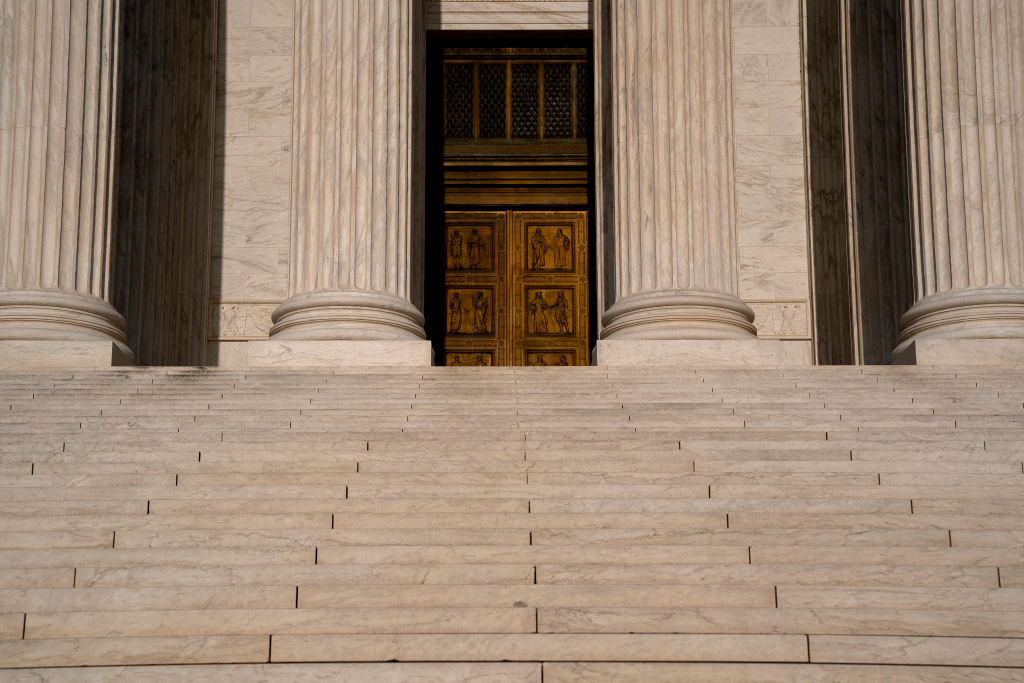Litigating gun rights: an interview with Pete Patterson
Court to hear argument in case seeking to hold companies liable for damaging Louisiana coast
January’s criminal law arguments – and is “party presentation” morphing into a court-controlling rule?
Maduro’s arrest places these Supreme Court rulings in the spotlight
More news
Did Justice Kagan debilitate the administrative state?
Trump v. Slaughter is among the most important tests to date of the Supreme Court’s view of the “unitary executive theory” – the idea that control over the entire executive branch is vested in the president. Specifically, the case asks whether the president can fire leaders of the Federal Trade Commission for any reason. More broadly, though, it speaks to the separation of powers: Can Congress create independent agencies whose heads are largely insulated from presidential control, or does the president’s inherent authority include the power to dismiss all executive-branch agency heads at will?
Continue ReadingThe most unorthodox dissent
In Dissent is a recurring series by Anastasia Boden on Supreme Court dissents that have shaped (or reshaped) our country.
On Aug. 3, 1973, a single Supreme Court justice – working alone, far from Washington, D.C. – ordered the president of the United States to stop bombing Cambodia. He was swiftly overruled by the eight other justices, who, via hastily arranged phone calls, agreed to take immediate action to avoid a constitutional crisis. Justice William O. Douglas, known as “Wild Bill,” then issued a biting dissent – with perhaps the most unorthodox justice to ever have sat on the bench accusing the other eight of impropriety.
Continue ReadingLooking back at 2025: the Supreme Court and the Trump administration
Courtly Observations is a recurring series by Erwin Chemerinsky that focuses on what the Supreme Court’s decisions will mean for the law, for lawyers and lower courts, and for people’s lives.
At the start of the new year, it is impossible to talk about the Supreme Court in 2025, or begin 2026, without focusing on the justices’ handling of matters concerning the Trump administration. No president in history has challenged constitutional limits or sought to increase presidential power in the way that President Donald Trump has in this term in office.
Continue ReadingCourt announces it will hear case on gun rights among several others in February sitting
The Supreme Court will hear oral arguments on March 2 in a case on the federal government’s efforts to prosecute a Texas man for violating a federal statute that prohibits gun possession by users of illegal drugs. That case, United States v. Hemani, is one of seven cases scheduled for the justices’ February argument session, which will begin on Feb. 23 and end on March 4.
Continue Reading25 years later: reflections on Bush v. Gore and the Supreme Court
Please note that SCOTUS Outside Opinions constitute the views of outside contributors and do not necessarily reflect the opinions of SCOTUSblog or its staff.
In the presidential election of 1876, the Democratic candidate (Samuel Tilden) received 50.9% of the popular vote and the Republican candidate (Rutherford Hayes) received 47.9%. In the days following the election, it was agreed that Tilden had won 184 electoral votes (one short of a majority), Hayes had won 165, and 20 votes from four states were disputed.
Continue Reading